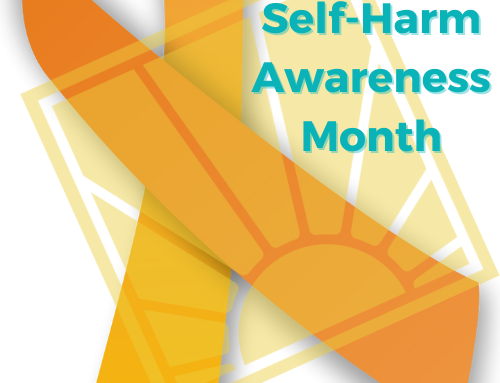When my kids were in high school, they were convinced that I was psychic. When they missed curfew or, in the case of my challenging older son, met their curfew but pretended to go back to sleep only to sneak out the bedroom window, I always knew. While doling out grapefruit halves and granola at breakfast the next morning before church, I would calmly announce the crime and the punishment, slipping it calmly into the breakfast chit chat: “Please pass the milk, Matthew. Oh, by the way, David, your father and I have decided to ground you for two weeks for leaving at 12:05 and staying out until 4:47 AM. You must be very tired, honey.”
I wasn’t psychic, though. I’m just a very light sleeper. As useful as my sleep difficulties were for managing a house full of teenagers, it got pretty old once they left for college. A creak from the floorboards, a buzzing refrigerator, a fly buzzing in our bedroom and I’d be up all night. Now that my kids are grown and gone and I no longer have to play psychic sheriff, I like to fall asleep when I go to bed. I like to stay asleep all night and wake up refreshed.
If your child is away in treatment, you may still be suffering from the sleep distress that was a part of being vigilant and worried. If so, now’s the time to reclaim your right to a good night’s sleep! Your child is safe and, for the time being, it’s someone else’s job to be vigilant around the clock. A huge part of every parents’ job when their child is in treatment is to prepare for their return home. You’re a better parent (and employee, and friend, and everything) when you’re taking good care of yourself. Sleep is at the core of self care; so now’s a great time to practice good sleep habits. I joke that learning to fall asleep and stay asleep has saved me thousands of dollars in carpentry, refrigerator repair, fly traps, oh and plastic surgery. So if you’re a light sleeper, an insomniac, or curfew cop on sabbatical, here are some things I’ve learned that will help you sleep like a baby.
Live in the Light! If you’re not blessed with outdoor work, be sure your office and home are well-illuminated, preferably with a combination of daylight (big windows) and 4100K or higher light bulbs, i.e. bulbs that include a lot of blue light. Natural and simulated daylight tells your body the difference between day and night and gives it a rhythm for producing melatonin at the right time.
Sleep in the Dark! Start dimming your lights an hour or so before you plan to hit the pillow. Then make sure your room is black as, well, night. Light blocking window treatments, can be a huge help. So can either eliminating night lights or, if you need them, replacing yellow or blue spectrum lights with red ones, which will light your way to the bathroom without disrupting your sleep as much.
Seasonal Linens. If you’re a sound sleeper or live in a temperate place like California (a two season spot), one set of linens can take you through all twelve months. But if you’re a light sleeper and live in a place with all four seasons, you might want to consider a seasonal approach to your bed linens. I have cool, clean Egyptian cotton to keep my skin dry and cool in the summer, but when the pumpkins come out, I switch to plush flannel and a feather bed to cradle my body in plush warmth.
Moderation! Alcoholic beverages may help you fall asleep but the sugar and alcohol can lead to poor quality sleep and to waking up prematurely. If you do drink alcohol, moving toward moderation is your ticket to better sleep. Beer (rather than hard alcohol), especially dark beer like Guinness can trigger the production of melatonin. It’s not clear whether or not it’s enough melatonin to help you sleep, but melatonin is one of the best antioxidants out there, so even if you don’t have a good night’s sleep, you’ll at least be fighting the wrinkles can come from sleep deprivation! So abstinence or moderation while moving away from sugary or harder drinks can help improve the quality of your sleep. Note, however, that if you drink heavily the initial transition to moderation may itself disrupt your sleep temporarily. You may want to consult your physician or therapist if you feel this transition might be challenging for you.

